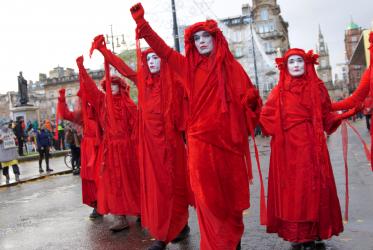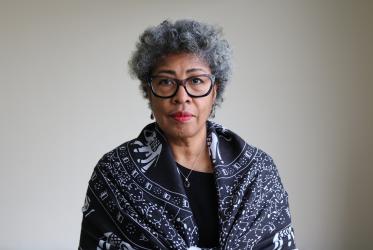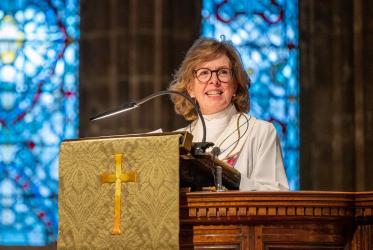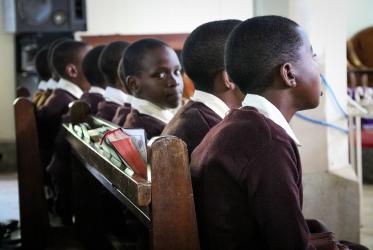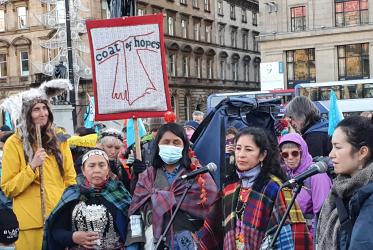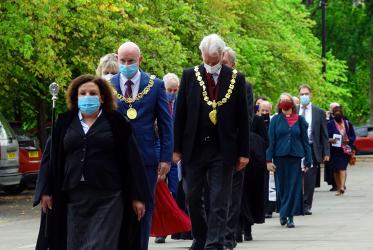Displaying 141 - 160 of 203
African church leaders train in leadership, diakonia and development
12 November 2021
Perkins names Dr Evelyn Parker as 2021 Distinguished Alumna
11 November 2021
Protecting Ethiopia’s church forests
27 October 2021
Climate crisis fuels existing water injustice
27 October 2021
Churches offer some relief in Kenya’s drought disaster
16 September 2021
Walk the Talk
A Toolkit to Accompany the "Roadmap for Congregations, Communities and Churches for an Economy of Life and Ecological Justice"
31 August 2021


